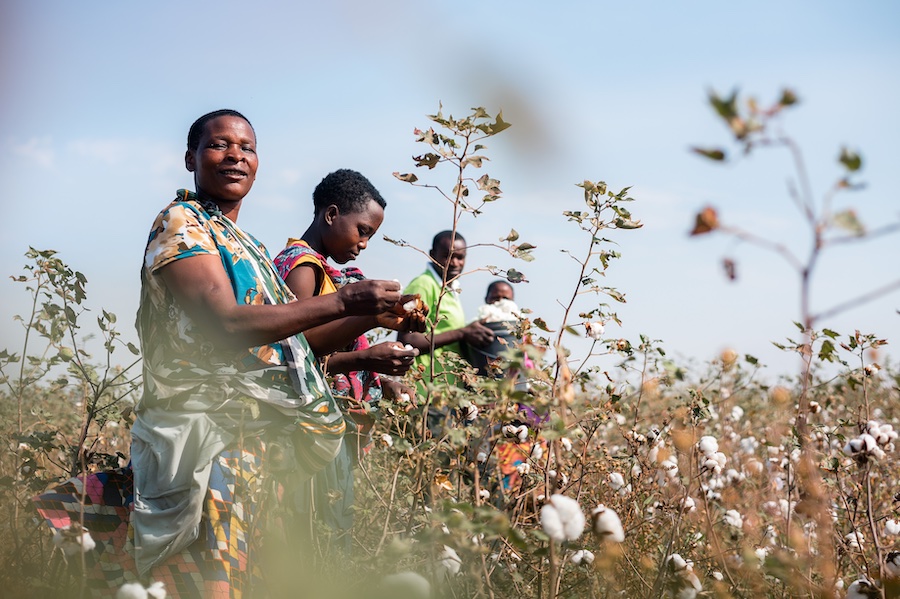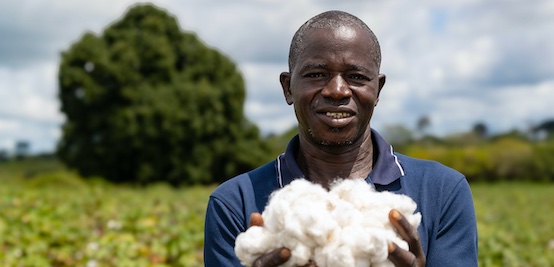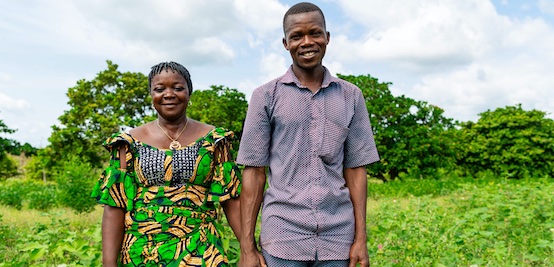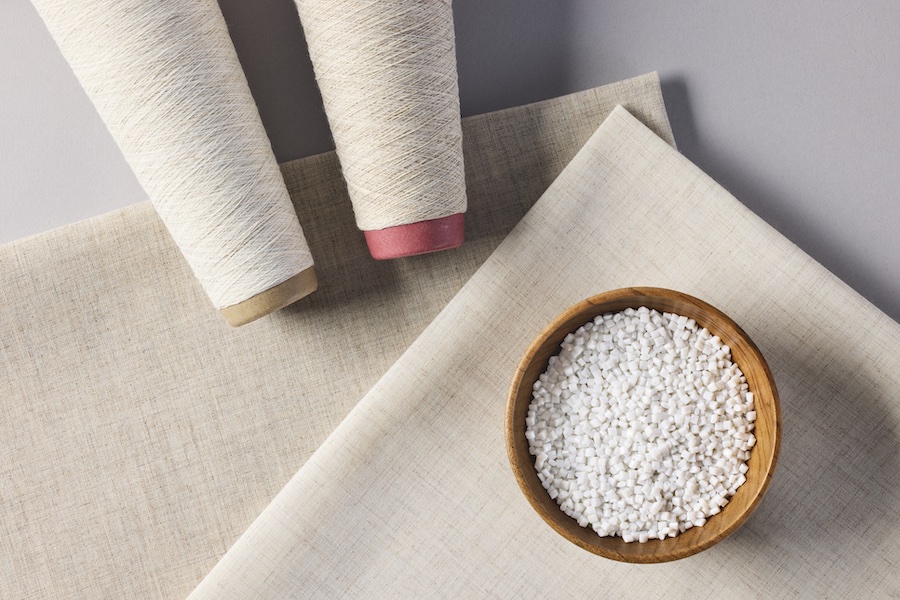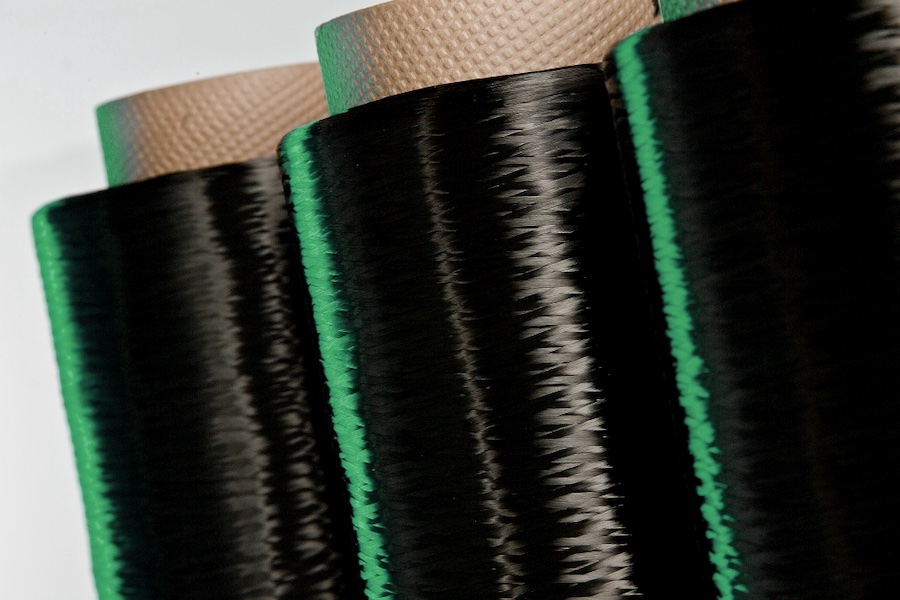#Raw Materials
Study shows Cotton made in Africa boosting gender justice
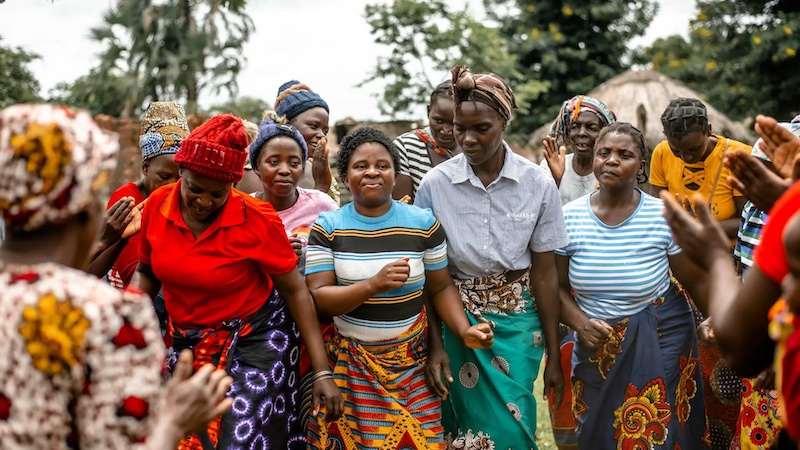
A recent study shows women taking leadership through Cotton made in Africa as lead farmers. In this position, they serve as role models; they offer other female farmers someone to turn to; and they establish co-operatives together with other women to increase both their autonomy and their financial independence by creating new sources of income. “The study results are proof of the progress being made towards equality between women and men, showing that recent years’ intensive work is paying off. This is further evidence that Cotton made in Africa can, and must, address far more than just cotton,” states Tina Stridde, the managing director of the Aid by Trade Foundation, which is the parent organisation of Cotton made in Africa. She continues, “In our view, a product is truly sustainable only if it changes the lives of the people who produce it for the better. By putting this principle into practice, CmiA also creates greater value for international supply chains and consumers.”
A major factor in this success has been collaboration with African cotton companies in the cultivation regions. This involves regular verifications to assess whether the partners’ activities comply with the standard’s requirements. The verifications are structured around a large selection of indicators that address issues including whether gender-related training was completed or whether projects promoting gender justice were conducted. Over the past years, this approach has not only raised awareness of gender equality among village communities but also increasingly challenged or dissolved traditional norms among the partner companies’ management and staff, thereby resolving inequities and empowering women at the systemic level. The study revealed that respondents see Cotton made in Africa as playing a highly supportive role. Intensive communication through training, verifications, and discussions with other cotton companies has given partner companies a clear awareness of how important gender justice is. As a result, they have become significantly more active in this regard, thereby encouraging women to assume a stronger position in agriculture and the communities. This is reflected in the fact that over 80 percent of both male and female respondents in Mozambique disagreed with the statement that care work should only be done by women. At least 60 percent of female and male farmers surveyed apply the skills and knowledge acquired through the training, which expressly addresses gender-specific aspects. In addition, over 80 percent of surveyed women stated that they receive the same share of proceeds from cotton sales as the other members of their families.
CmiA’s gender study was based on the internationally recognised Women’s Empowerment in Agriculture Index, which aims to measure and improve the role of women in agriculture. In addition to the survey of over 500 farmers, 26 qualitative interviews and around 30 group discussions were conducted in cotton-growing areas of Mozambique (in south-eastern Africa) and Benin (in western Africa) in order to ensure a representative sample.
Cotton made in Africa shares the United Nations’ views on the significance of gender equality, as outlined in the Sustainable Development Goals (SDGs), especially SDG 5. In its own work as a sustainability standard, CmiA also follows international norms and frameworks, such as ILO conventions or Agenda 2030; at a higher level, CmiA promotes gender equality in the textile industry by participating in expert groups like the Partnership for Sustainable Textiles’ strategy committee for gender equality.



